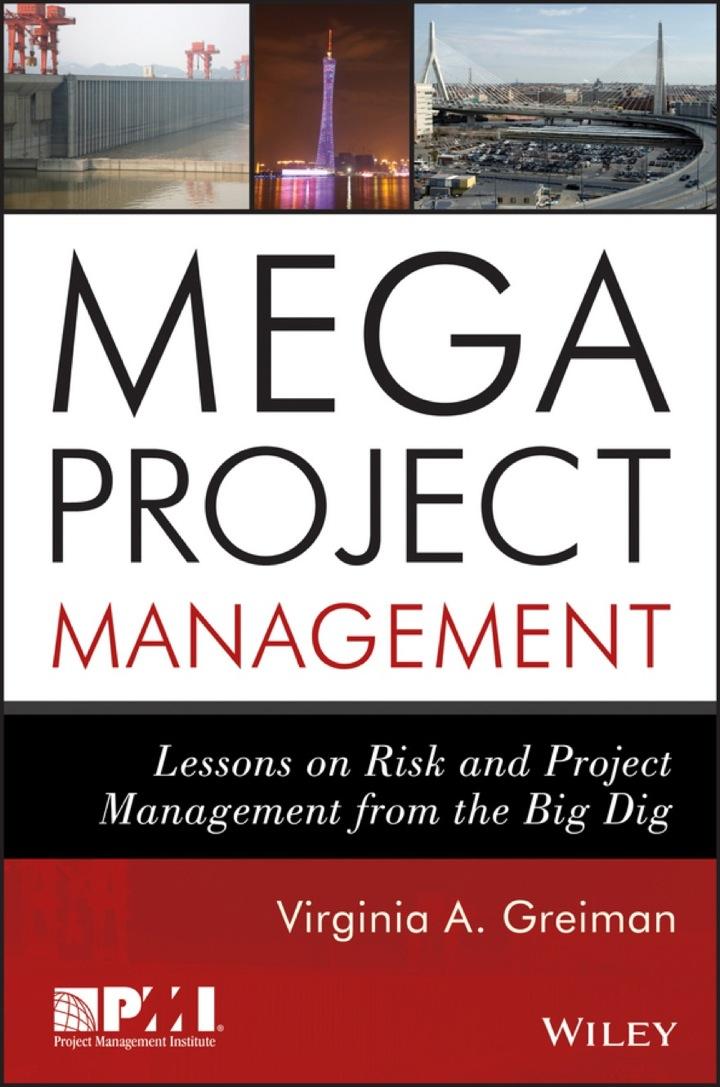In a report released in January 2008, the nonprofit Ethics Resource Center (ERC) revealed that 52 percent
Question:
In a report released in January 2008, the nonprofit Ethics Resource Center (ERC) revealed that 52 percent of federal, 57 percent of state, and 63 percent of local government respondents witnessed violations of ethical standards, policies, or laws in their workplaces (ERC 2008). From the perspective of the USDOT’s Office of Inspector General (OIG), having a strong culture of ethics in the workplace is central to promoting program effectiveness and preventing or stopping fraud, waste, abuse, and other irregularities. Effective internal controls and oversight mechanisms must be in place to detect and reduce instances of fraud that prohibit the transportation community from accomplishing its goals (Crumpacker 2009).
Ethics Violation: Boeing Case Study—Conflict-of-Interest Conviction
In 2003, the media reported that a Department of Defense (DoD) official had helped negotiate a plan to lease Boeing 767 commercial jets to the Air Force for use as aerial refueling tankers. The DoD official and Boeing’s former chief financial officer were fired after internal investigations found they had violated DoD and company policies, respectively. The Boeing executive had communicated with the DoD official about possible employment with Boeing while the official still worked for the Air Force and before she recused herself from involvement with Boeing contracts. Both tried to conceal their misconduct (Crumpacker 2009).
Based on these facts, respond to the following questions:
1. Why does the conduct of both the federal official and the Boeing executive raise major ethical concerns? Whom do their actions impact, and what is the damage that could result if this conduct were permitted to continue unpunished?
2. In addition to ethical violations, does their conduct also constitute violations of the law? What is the difference between a legal and an ethical violation? Should the penalties be the same for both?
3. Should the government and Boeing also be penalized for the actions of their employees? If so, in what way?
4. Why is the cover-up of wrongful conduct often worse than the conduct itself? What are the benefits of full disclosure of unethical behavior?
5. What could Boeing have done to better educate its employees about ethical and legal violations?
Step by Step Answer:

Megaproject Management Lessons On Risk And Project Management From The Big Dig
ISBN: 9781118115473
1st Edition
Authors: Virginia A. Greiman





